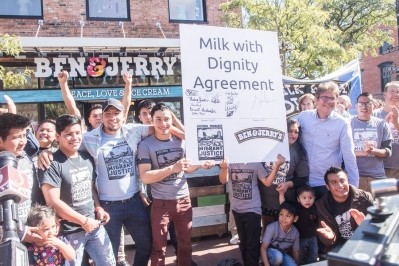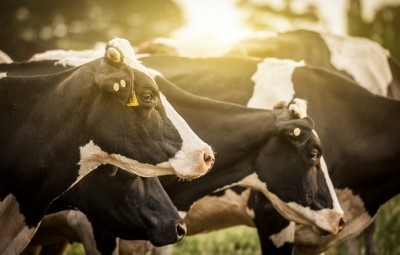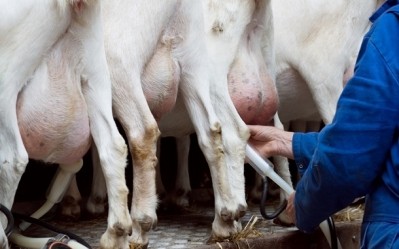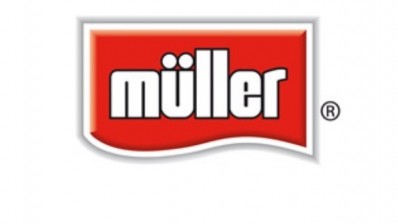South Dakota dairy sector taps Puerto Rico to relieve labor shortage partly due to Trump’s future immigration policies
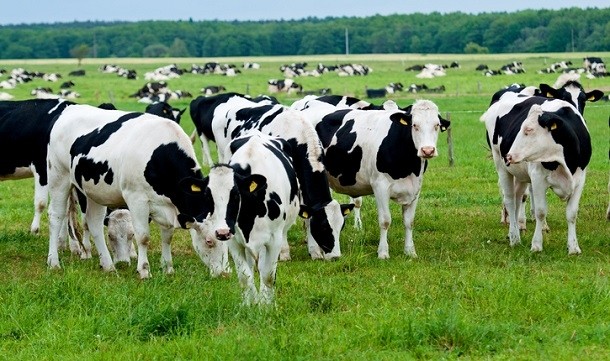
Throughout his campaign, Trump pledged to return jobs to Americans by curbing uncontrolled foreign worker admission. This approach to immigration has led to unease among US dairy farm operators who have long relied on immigrant labor.
The combination of some US workers not wanting to take jobs in the milk production industry and current immigration policies tightening border control between the US and Mexico, has led to a void in milk production labor, according to the National Dairy Labor Survey.
Slightly more than half of the US dairy labor population are immigrants, with 79.1% of milk produced on farms coming from immigrant workers.
The US dairy industry has been waiting for Congress to change immigration regulations to be legally allowed to bring immigrant workers for extended periods of time, but in the meantime certain state like South Dakota have taken matters into their own hands by recruiting from Puerto Rico instead.
Puerto Rico dairy pilot program
Puerto Rico’s high unemployment rate (12.5% in October 2016) and promise for a steady income in the US, has led to its citizens searching for work off the island. A survey conducted by the National Dairy Labor Survey also found that the salary on a dairy farm pays a higher wage than other farms with immigrant labor in the US.
A South Dakota State University (SDSU) Extension team has been leading recruiting sessions along with the Puerto Rico Department of Labor in three cities (San Juan, Ponce, and Mayaguez) with the goal of bringing over 20 workers from the US commonwealth territory.
The recruitment sessions covered the basics of the US dairy sector, specifically in South Dakota, as well as what the daily routine of working on a dairy farm would be like including living costs and weather conditions.
According to the organizers of the SDSU extension program in Puerto Rico, of the 28 people that attended, 22 showed serious interest in working in South Dakota.
Jaime Castaneda with the National Milk Producers Federation says if the pilot program works out, it would be a "significant success for the US dairy industry."
